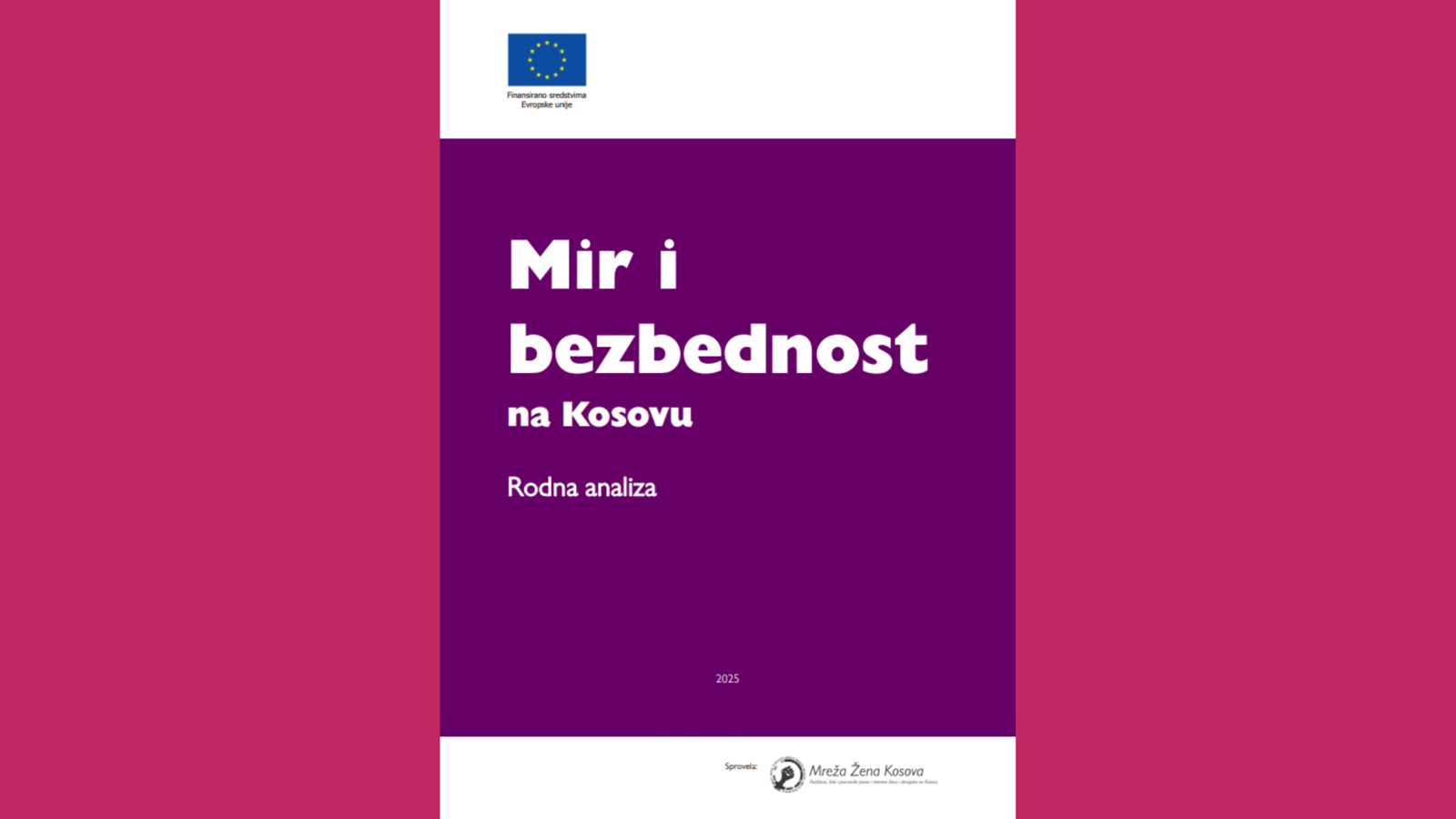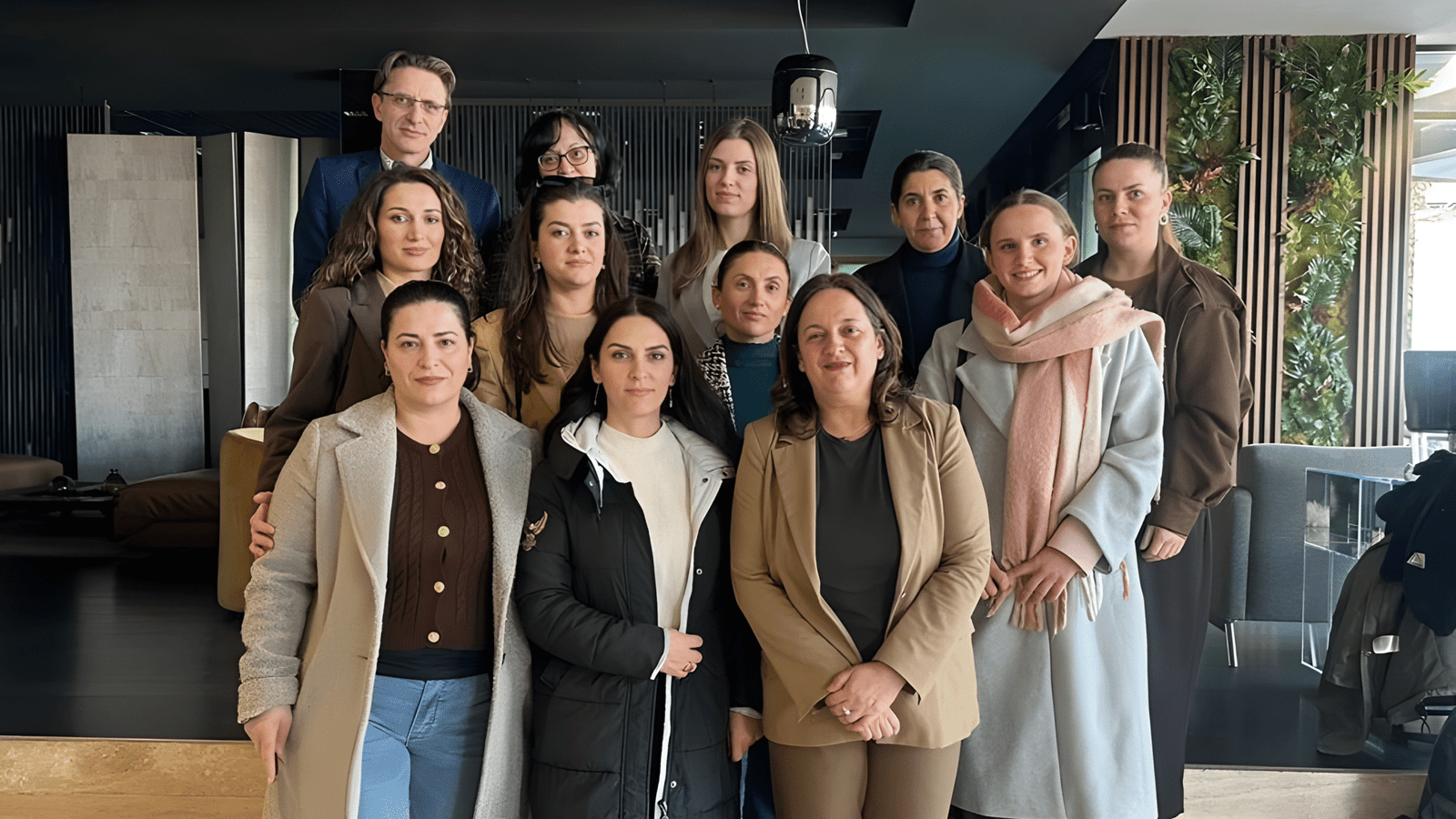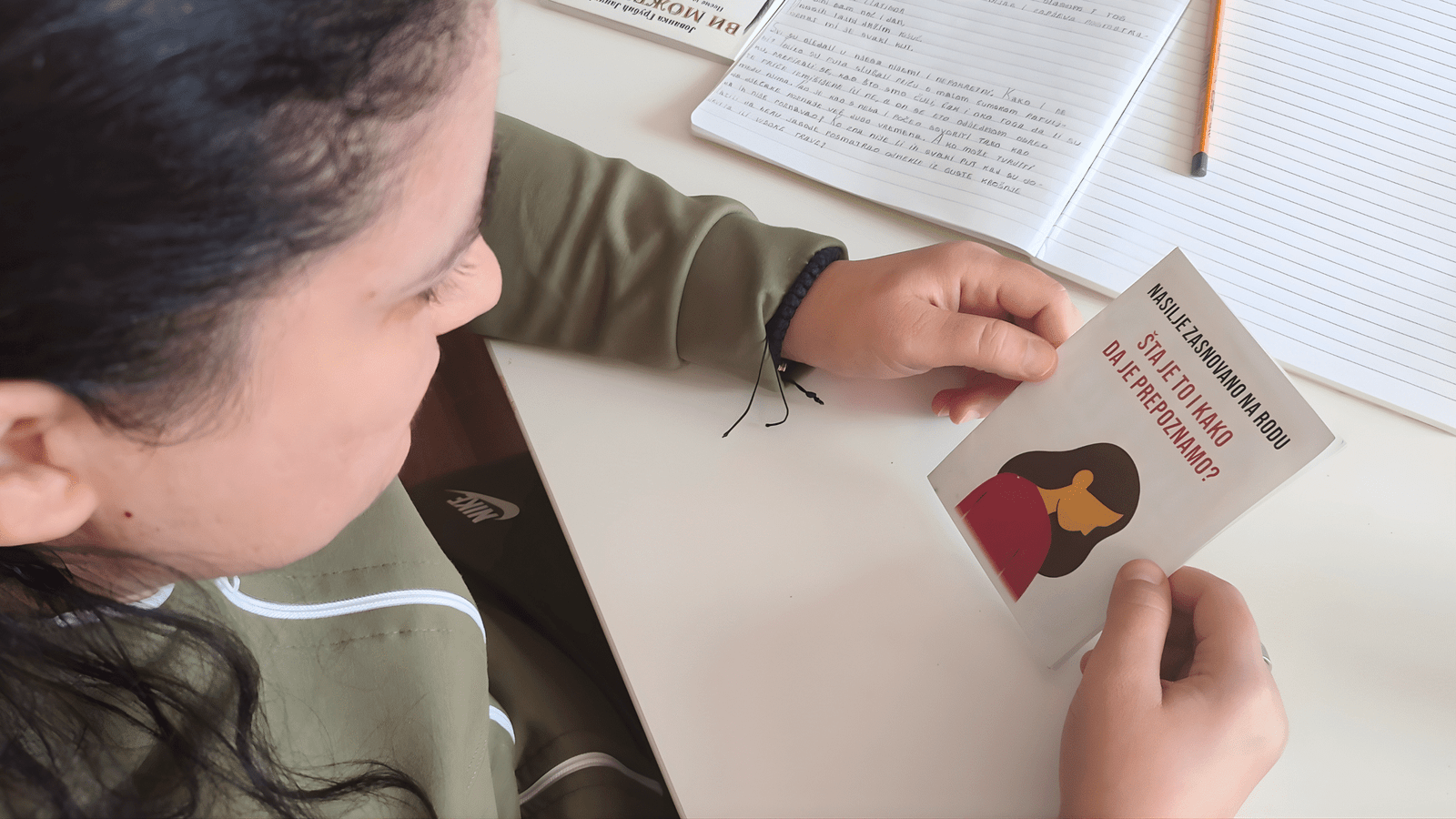The Kosovo Women’s Network (KWN) today launched its latest report, Sexual Harassment in Kosovo.
The opening remarks were given by Igballe Rogova, Executive Director of KWN; Edona Hajrullahu, Chief Executive Officer of the Agency for Gender Equality (AGE); and Christian Geosits, Head of Office of the Austrian Development Agency (ADA).
This landmark report analyses the legal framework related to sexual harassment in Kosovo; perceptions of and attitudes towards sexual harassment; its prevalence; and institutional response.
The research involved a review of the legal framework, a survey of 1,315 Kosovo citizens in 2015 and more than 200 interviews with representatives of public institutions, civil society, and other key actors. The report concludes with recommendations for amending the legal framework and improving institutional response to sexual harassment.
“If our generation does not address these issues, then they will just be passed to the coming generations and get worse and deeper,” said Edona Hajrullahu. “Therefore I am glad this report was published and on behalf of AGE, I would like to emphasize how good we feel for the good cooperation that we have with KWN and how much we value their engagement in different fields dealing with the empowerment of women.”
This research was funded by ADA and carried out in close cooperation with AGE, and our Advisory Group.
“I have to say that I was astonished with both KWN reports published lately: No more excuses and Sexual Harassment in Kosovo, and I am very happy that ADA is on the position to help people who know what they’re doing,” said Christian Geosits. “Kosovo has so many laws, we don’t need more, and all we need is their proper harmonization and implementation. Therefore, ADA is very proud to have supported the first comprehensive report on sexual harassment.”
Afterwards, two of the four co-authors of the report, Ariana Qosaj – Mustafa, Legal Expert and KWN’s Chair of Board; and Adelina Berisha, Advocacy Coordinator at KWN, presented the key findings of the research:
- 31.5% of Kosovars believe that referring to persons with words like “honey,” “sweetheart,” “love, or “baby” constitutes sexual harassment.
- 43.8% of Kosovars say that whistling at someone in the street is sexual harassment.
- 49.0% of Kosovars consider touching, pinching, or pushing forms of sexual harassment.
- A higher percentage of men than women, tend to identify most forms of sexual harassment as such
- Older people tend to be more likely than younger people to identify several forms of harassment as such.
- 48.5% of Kosovars have experienced some form of sexual harassment in their lifetimes.
- 64.1% of women report having experienced sexual harassment, 32.5% of men state that they have.
- The most common form of sexual harassment reported by respondents is having someone make unwelcome sexual comments, jokes, or gestures to or about them, including while walking down the street.
- One in three women (34.2%) compared to only 1.6% of men had someone honk a vehicle horn at them while walking down the street.
- 46.4% of women and only 3.9% of men had someone whistle at them
- 26.4% of women and 3.3% of men had someone follow them
- Of the 561 persons who reported being sexually harassed in 2014, they were primarily harassed by unknown persons in the street (421 respondents).
- Respondents also reported being harassed by acquaintances (77 respondents), friends (51), co-workers (20), teachers (12), bosses at work (seven), and respondents’ partners (two).
- Women tend to be harassed more by unknown people in the street and friends than do men. Men are more likely to be harassed by friends than women.







